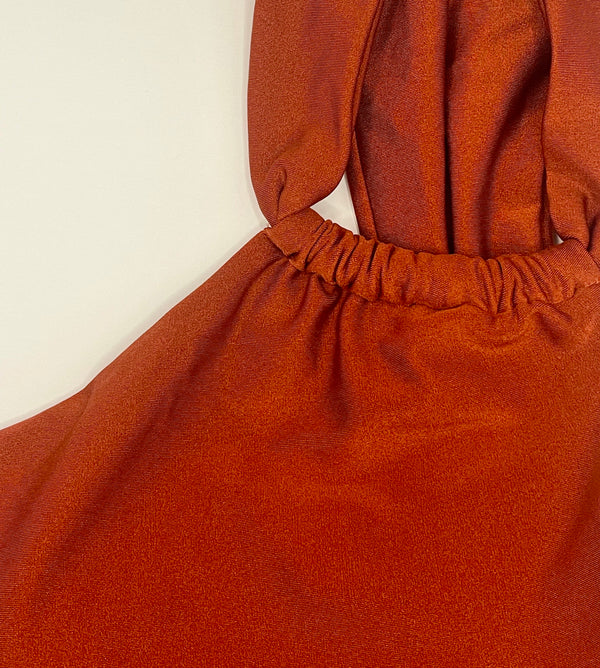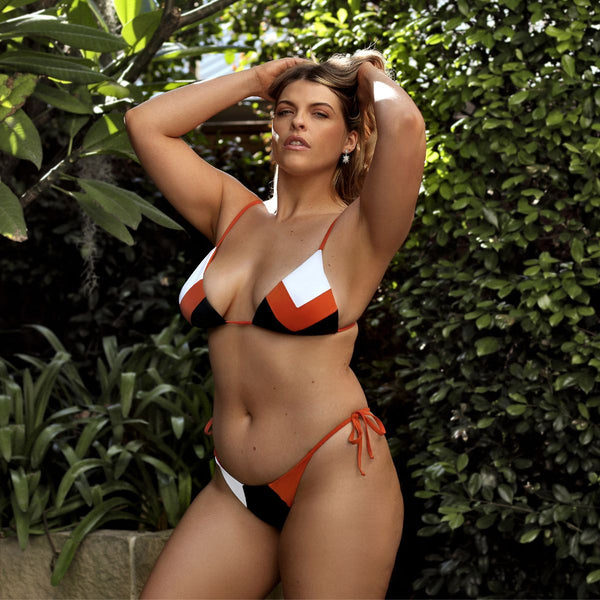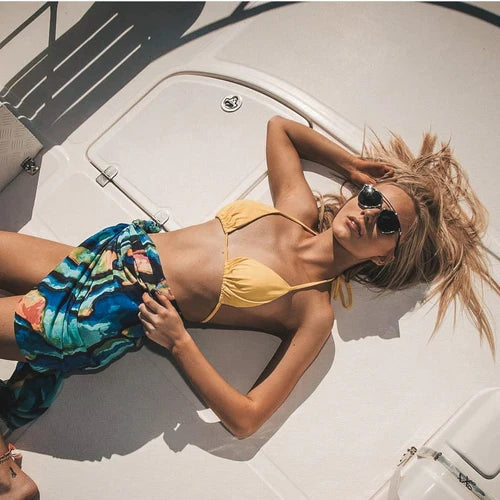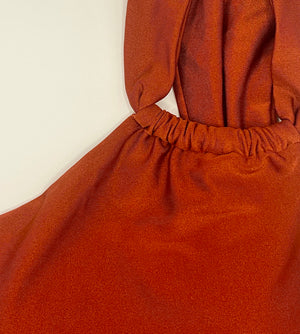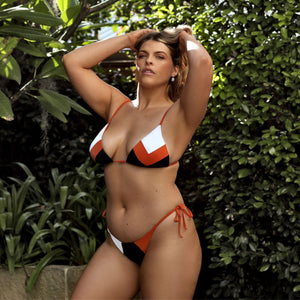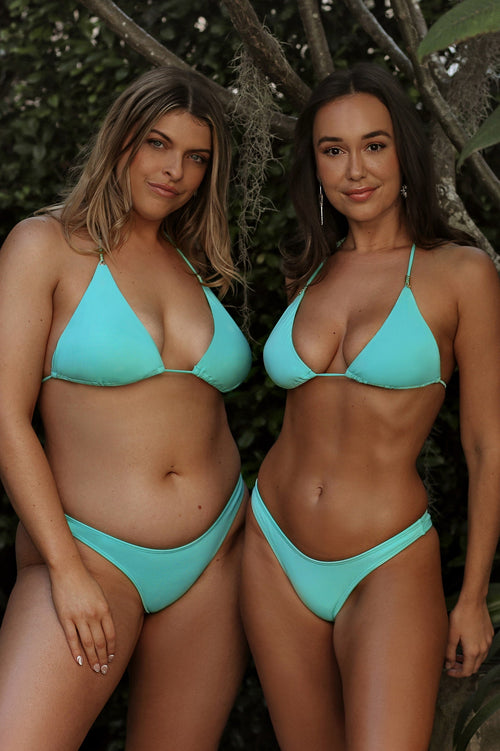
Plants Are The New Pleats: Up-and-coming designers fuse biology and art to innovate the fashion industry.

The fashion industry has long faced scrutiny for it’s monstrous environmental impact - and quite rightly too. For several years now, depressingly morbid statistics regarding the unsustainable nature of textile production and manufacture has been - pardon the pun - an incredibly vogue topic in the environmentally friendly zeitgeist. The entirety of the fashion industry, from both an environmental and humanitarian standpoint, has been called to innovate and remedy its seemingly unstoppable path of destruction.
Here’s it’s answer.
These up-and-coming designers effortlessly marry the precise science behind biomechanics and flamboyant artistic flair to develop materials and products intent on reducing the staggering carbon output of the industry at large. Ranging from textile innovation, process and assembly and pioneering modelling technologies, these innovative designers push the boundaries on what is considered sustainable fashion.
Beyond Leather has made a vegan, plastic free leather alternative called Leap.

Leap is composed of skins, cores, stems and seeds of apples, all of which are left over after the process of juicing, with co-founder Hannah Michaud explaining that only a small portion of fruit is successfully juiced, with the remaining food scraps land-fill bound. The production of this substitute leather has an 85% percent carbon reduction rate than that of traditional leather. The ingenuity of this design allows for a holistic dismantling of the numerous ethical problems with traditional leather, albeit environmental or humanitarian.
Sneature is a compostable running shoe made from knitted dog hair.

German based designer Emilie Burnfeind has developed a compostable and recyclable running shoe made from mushroom mycelium sole and dog hair. The dog hair in-question is sourced from naturally-shed canine fur in the process of grooming. The shoe is composed of only 3 materials, all of which are able to be composted, or separated and recycled after use. This is a stark improvement from the 12 typically used materials in sneaker manufacture, most of which are petroleum based and have an incredibly slow biodegradation rate.
Innovative, form-changing, dress made from algae and silk proteins.

Scarlett Yang develops and designs an innovative textile, made entirely from algae and silk proteins. This textile is about to contort to jaw-dropping shapes, and is entirely responsive to the environment around it, stiffening in colder temperatures and achieving a more fluid disposition when exposed to heat. The sculptural nature of the textile is achieved using 3D printing to cast moulds the textile subsequently sets into. This ingenious marriage of plant proteins and innovative fashion technology challenges the boundaries of what sustainable fashion truly means, and entices us fashion fans as to the groundbreaking aesthetics and silhouettes they inspire.
Jelly clothing that can be melted and reshaped.

This takes recycled fashion to a whole new level! Icelandic designer Valdís Steinarsdóttir has formulated a gelatinous textile that is cast into moulds to achieve structure, in a bid to eliminate the myriad of waste that comes with traditional pattern-cutting and fabric. The textile is composed of both gelatin and agar, derived from red algae. Championing a ‘closed loop’ cycle of fashion, the textile can be melted down and recast, creating another item of clothing, as opposed to discarding unwanted, old clothes. This innovative system boasts amazing economic potential, as a consumer would not have to keep buying new clothing in a futile attempt to reconcile with an increasingly short trend cycle. This design also challenges the issue of out-growing or ill-filling clothing, ushering in a pioneering, economically-savvy method to combat clothing waste.
These innovative designs certainly leave us with something to be excited about. Utilising cutting edge technology and brilliant ingenuity, these designers are helping to evolve the ever changing face of sustainable fashion.
Designers featured curated from dezeen.com



